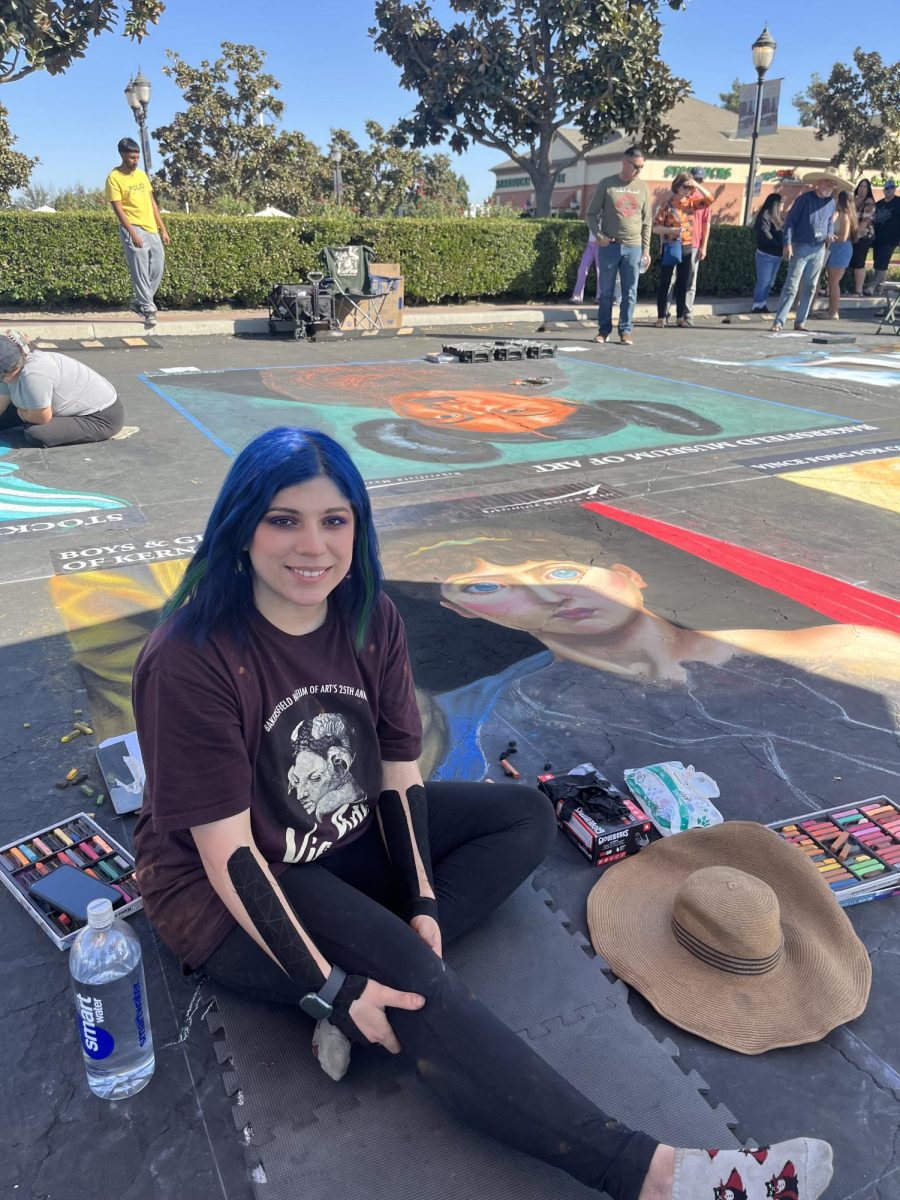Allen and Jones create new pathways
March 1, 2016
The Norman Levan Center for Humanities welcomed Bakersfield College history professor Erin Miller as the 20th Norman Levan Faculty Colloquium speaker on Feb. 26.
Miller’s lecture, “Death of Virtue: Citizenship, Race and Manhood in Colonial America and the Republic,” was mainly structured around two men, Richard Allen and Absalom Jones. These two men were done seeing themselves how the white men perceived them, and they wanted to change it.
Miller used Allen’s and Jones’ stories to show how their belief in Christianity, effort, civic virtue, and manhood were able to create new opportunities and a new way of life for African Americans in early America.
“These two men used Christianity to bridge that gap. They forged a new way,” said Miller.
Miller structured the lecture by speaking for a little bit, and then turned to the audience for discussion and interaction, allowing people to discuss their view and opinions on the topics at hand.
Before she went into the full depth of the lecture, Miller turned to the audience and asked them to describe what they thought citizenship, rights, and manhood meant to them.
The answers varied, but when she asked the audience what they thought first of manhood, and then of “white” and “black” manhood respectively, people’s opinions began to change.
Miller did this to make the point that manhood should just be manhood, but not everyone sees it like that. There are stereotypes.
Due to the background of her studies, Miller chose to talk about the lives of Allen and Jones to illustrate how something happened that seemed impossible to occur where it did.
Allen and Jones are also men who Miller sees as two of her personal heroes.
“I think part of the reason I was drawn to them was because of how I was raised, and the potential of the human spirit to make the world a better place,” said Miller.
When asked what she wanted the audience to take away from this lecture, Miller said, “I think because of the potential that existed and the power of the individual and how they see themselves…we often forget how important faith was then.”
Miller started at BC, earning her associate’s degree in history, then transferred to CSUB to earn her baccalaureate degree in history with a minor in Roman studies.
She went on to earn a master’s degree in early American history and slavery from Notre Dame and is currently working on her doctoratal dissertation called, “To Make Us Blacker Than We Are: Identity and 18th Century America,”








